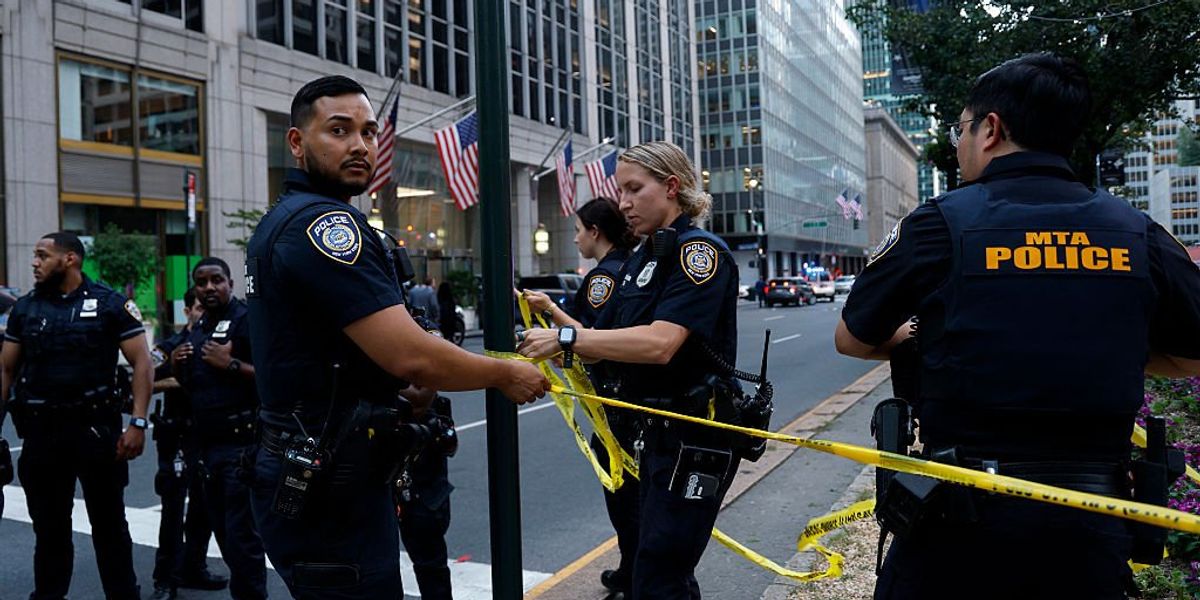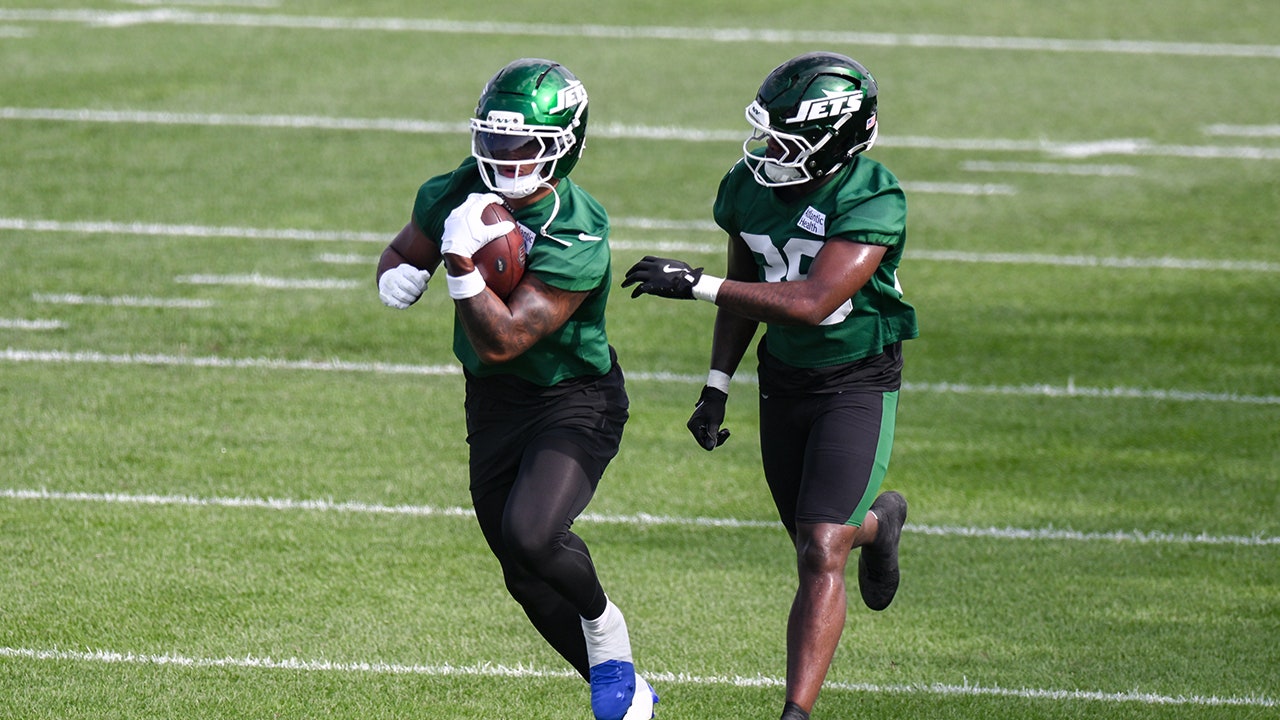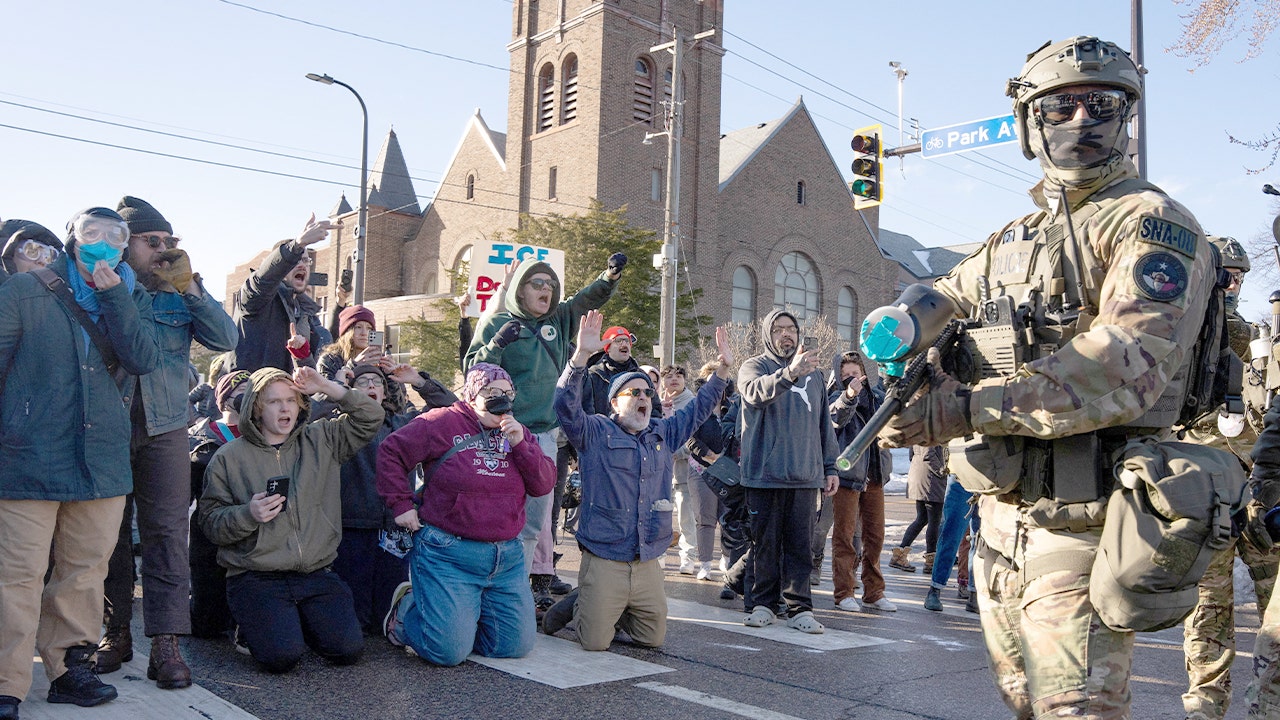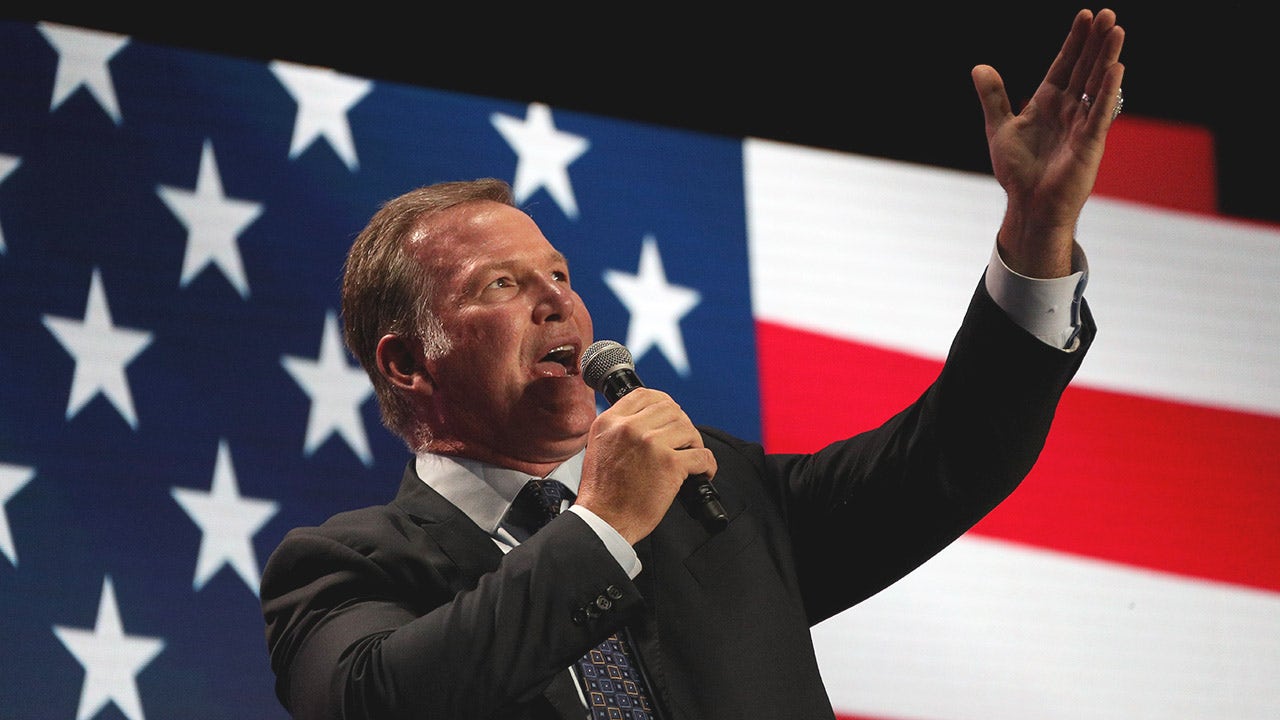Late Monday afternoon in Midtown Manhattan, the summer heat clung to the glass and steel of Park Avenue, usually a quiet street save for the occasional honking horn or blaring siren. But as the sun dipped behind the towering skyscrapers, violence erupted.
A 27-year-old man, whose name I won’t bother mentioning, stepped out of a black BMW he had double-parked near 51st and 52nd Streets. His movements were calm, deliberate. In his hands, he carried an AR-15 rifle. His target was 345 Park Avenue, a tower of wealth and power, housing the offices of Blackstone, the National Football League, and Rudin Management. The idea of chaos here, in this building, felt foreign — until it wasn’t.
If we don’t get back to the root causes of violence, we’re doomed to continue spiraling into chaos.
The shooter made his way into the building lobby, where he shot in the back 36-year-old New York City Police Officer Didarul Islam, whose wife was about to give birth to their third child. The gunman then gunned down a woman hiding behind a pillar, her life taken in an instant.
The footage shows him moving with a chilling calm, methodical and relentless. A guard behind a desk became his next victim. Then another man, an NFL employee, was shot and is still in critical condition.
The shooter made his way to the elevators, and, strangely, as one opened, a woman stepped out. He let her pass. Why? We’ll never know. But she will likely ask herself that question for the rest of her life.
He continued to the 33rd floor, where Rudin is located. There, in the quiet hum of fluorescent lights and the soft chatter of cubicles, he began “to walk the floor, firing as he traveled.” Another victim fell, another family destroyed.
And then, in a final act, he turned the rifle on himself.
NYPD Commissioner Jessica Tisch confirmed that the scene was contained. But the damage was done. Four people were dead: one officer, one security guard, and two civilians. Several more were wounded.
The root issue: Mental illness
As details emerged, we learned more about the gunman’s background. He had driven cross-country from Las Vegas to New York. By trade, he was a security guard at a Las Vegas casino, and he held a concealed carry permit. Yet his history of mental illness, coupled with a backpack full of ammunition, medication, and his clear intent, painted a grim picture.
We also learned that his real target was the NFL, not Rudin. The shooter, suffering from chronic traumatic encephalopathy, a neurodegenerative disease common in high-contact sports caused by repeated head collisions, blamed the NFL for his condition.
He had played football in his youth, but never at the professional level. His note, found on his body after he shot himself, said he wanted his brain studied, to contribute to the understanding of his condition.
This wasn’t just an ordinary act of violence; it was a tragic collision of a mentally unstable man and a gun.
A growing crisis
America is in the midst of an unprecedented mental health crisis. As I walk through cities like New York, I am confronted by the increasing number of unstable individuals teetering on the brink of violence. Not long ago, my wife and I were walking through Manhattan when a man on a bike circled us, looking me directly in the eye, saying, “I’m going to kill me a white man today. Today is the day.”
RELATED: NYC ignores staggering number of ICE detainers sent by Trump’s DHS — Bondi takes action
Photo by Michael M. Santiago / Staff via Getty Images
The man was clearly unhinged. Fortunately, he noticed the armed security behind us, and he quickly rode away. But what if they hadn’t been there? What if he had been someone who wasn’t aware of the people around him?
The world we live in today is one where violence is erupting in public spaces, fueled by mental illness, societal breakdown, and a lack of accountability — and it’s becoming a national trend. This isn’t just about guns or laws — it’s about what’s happening inside the minds of those who perpetrate these acts.
A wake-up call
It’s easy for people to point fingers. To blame social media, to blame the media itself, to call for more laws. But this crisis is about much more than that. It’s about a loss of morality, family, social cohesion, transcendent purpose, genuine human connection, and so much more that comes with a society whose values are rooted in God’s truth.
I’m not a mental health expert, but surely the degeneration of these social goods and the historic rise in mental disorders, especially among young people, are not coincidental. We can’t keep turning a blind eye to such things and pretend that new laws or more regulations will fix it.
This isn’t just about changing laws; it’s about changing hearts. If we don’t, we’ll keep losing those we hold dear.
Want more from Glenn Beck? Get Glenn’s FREE email newsletter with his latest insights, top stories, show prep, and more delivered to your inbox.
Read the full article here






![Danchenko Fed Steele Bogus Intel [WATCH] Danchenko Fed Steele Bogus Intel [WATCH]](https://www.lifezette.com/wp-content/uploads/2024/08/2024.08.22-12.31-lifezette-66c72f8fbd41c.jpg)



![Minneapolis Mayor Frey Cries Intimidation as Troops Stand By, Defends Anti-ICE Mob [WATCH] Minneapolis Mayor Frey Cries Intimidation as Troops Stand By, Defends Anti-ICE Mob [WATCH]](https://www.rvmnews.com/wp-content/uploads/2026/01/2026.01.18-05.16-rvmnews-696d156b5367c.jpg)

![‘These Are Acts of Insurrection’ [WATCH] ‘These Are Acts of Insurrection’ [WATCH]](https://www.lifezette.com/wp-content/uploads/2025/12/2025.12.23-09.25-lifezette-694a60109ba7b.jpg)